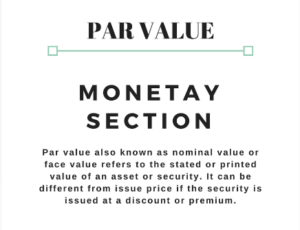Paid up share capital is that part of called up share capital which has been fully paid up by investors. Generally a company does not obtain full amount of called up share capital because of some defaulters. Defaulters are those investors who fail to pay the amount of share they have subscribed for.
So, paid up share capital is simply the difference between called up share capital and call in arrears. In other words, the amount of called up share capital which has been received by the company is known as paid up share capital.
Paid up share capital = Called up capital – Calls in arrears.
Example of paid up share capital:
Lets assume that ABC ltd. got registered with a capital of Rs 1,00,00,000 (1 crore) divided into shares of Rs 10 each. The management decides to issue 8,00,000 (8 lakh) shares to raise a fund of Rs 80,00,000 (80 lakh) but the investors subscribe for only 6,00,000 (6 lakh) shares. Now the company calls for only Rs 4 per share out of Rs 10 (Nominal value of shares) and it gets full amount for only 5,50,000 (5 lakh 50 thousand) shares.
Then, paid up share capital is:
Paid up capital = 24,00,000 – 2,00,000 = 22,00,000.

